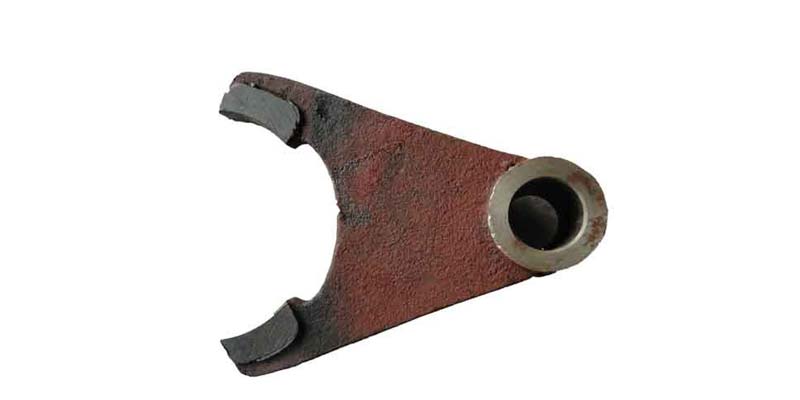- Contact Innally, Let you purchase forgings in China more favorable prices, products more assured!
- Hotline:+(86)15038323776 Email:innally@innally.com
What are the materials of train forging?
- Category: Thermal forging, Titanium alloy forging
- |
- Date: 08/12/2023
the material choice of train forgings needs to be determined according to the specific forgings use and use environment. Carbon steel is suitable for the manufacture of forgings with higher strength and wear resistance requirements, alloy steel is suitable for the manufacture of forgings with higher strength and wear resistance requirements, and stainless steel is suitable for the manufacture of forgings with higher corrosion resistance requirements.
Product Details
The main materials of train forgings are carbon steel, alloy steel and stainless steel. The characteristics of these materials have an important impact on the performance and service life of train forgings.
First, carbon steel
Carbon steel is one of the commonly used materials for train forging, which has high strength, hardness and wear resistance. The price of carbon steel is relatively low, which is suitable for the manufacture of train forgings with high requirements for strength and wear resistance, such as wheels, axles and so on. Carbon steel also has some shortcomings, such as easy brittleness, insufficient toughness, etc., so it is necessary to strictly control the forging temperature and cooling speed during use to avoid cracks and deformation.

Second, alloy steel
Alloy steel is formed by adding a certain amount of alloying elements on the basis of carbon steel, which has higher strength, hardness and wear resistance, and has good toughness and plasticity. The price of alloy steel is relatively high, which is suitable for the manufacture of train forgings with higher requirements for strength and wear resistance, such as crankshaft and piston. The disadvantage of alloy steel is that it is easy to crack and deformation during heat treatment, so it is necessary to take effective measures to control the heat treatment process.
Three, stainless steel
Stainless steel is a kind of alloy steel with high corrosion resistance, which has good corrosion resistance, heat resistance and low temperature resistance, suitable for the manufacture of train forgings with high corrosion resistance requirements, such as bearing seats, bolts and so on. The price of stainless steel is relatively high, but it has a long service life and low maintenance costs, so it is widely used in the field of railway transportation.
In short, the material choice of train forgings needs to be determined according to the specific forgings use and use environment. Carbon steel is suitable for the manufacture of forgings with higher strength and wear resistance requirements, alloy steel is suitable for the manufacture of forgings with higher strength and wear resistance requirements, and stainless steel is suitable for the manufacture of forgings with higher corrosion resistance requirements. When selecting materials, factors such as the performance, price and service life of materials need to be considered to ensure the quality and economy of train forgings.
nannan
INNALLY mainly provides you with various types of cast and forged parts products. Welcome your inquiries! innally@innally.com
Related Products
Search
Forging center
- Steel forgings
- Aluminium alloy forging
- Titanium alloy forging
- Stainless steel forging
- Copper forging
- Automotive forgings
- Locomotive forging
- Bicycle forgings
- Motorcycle forging
- Rigging and fasteners
- Bearing forging
- Electric power fittings
- Marine forging
- Mechanical forgings for metalworking
- Mining machinery forgings
- Marine engineering forgings
- Construction machinery forgings
Popular product

© 2025. All Rights Reserved.






